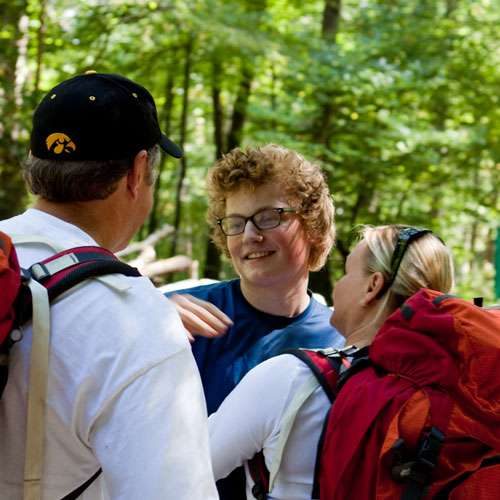Teenage addiction to technology is a very real problem that many parents might encounter with their teens. Because technology is so accessible and comparatively less expensive than it was when most parents were teenagers, it is much easier for a teen to develop this type of addiction. While it might not sound as serious as addiction to drugs or alcohol, it can be just as disruptive and destructive. Here are four ways you can identify a teenage addiction to technology:
- Your teen is losing sleep to technology. Have you ever caught your teen up at two in the morning, texting one of their friends? Teenagers need at least eight hours of sleep in order to function properly in their everyday lives. If technology is disrupting their ability to get the sleep they need, this could be a sign of teenage addiction to technology.

- Your teen cannot be without their cellphone. If you take away their cellphone, they are more than just a little upset. Sure, the average teen will be upset that something of theirs has been taken away, but the person struggling with teenage addiction to technology will actually start to crave that technology. This goes deeper than simply being upset that they cannot talk to their friends. If they cannot live without having their cellphone in hand, you have a more serious problem.
- Your teen sneaks their tech, even when you say they are not allowed to use it. Say, for example, that you turn off the WiFi or change the password and tell them they are not allowed to turn it back on or sign in. Later that day, you catch them switching the router back on or using their data. Teenage addiction to technology can cause teens to do just about anything they can to be able to access that technology.
- Technology is more important than real interactions. Many teenagers will use technology as a crutch, so they do not actually have to interact with people in real time. When technology becomes more important than real human interaction, whether with your family, with their friends, or with other people, they are becoming addicted. They have no interests outside of watching videos online, playing video games, or chatting with people online and find it difficult to connect with people in the real world.
Trails Carolina can help
Trails Carolina, a wilderness therapy program for teens ages 10-17, can help your teen work through emotional and behavioral struggles.
For more information about Trails Carolina, please call 800-975-7303 today!
Get started today
Contact us today to learn how Trails Carolina can help your family
Trails saved my daughter’s life. Amanda is an amazing human and a brilliant therapist. I am so grateful to her, Science Steve, and the other wonderful people who could reach my daughter at a time when I could not.
Margot Lowman August 2022
Great life changing experience for our son. After becoming addicted to gaming during covid he was very depressed. At Trails he experienced the wilderness, Science Steve, learning survival skills and top notch therapy and support etc… I highly recommend! This gave our son and our family a renewed family bond full of love and excitement about his bright future.
Winnifred Wilson July 2022
Outstanding clinical work and superb staff! There’s a great culture at this company and it shows with how they engage with families/clients.
Kristin Brace June 2022
Discover If Trails Is The Right Program For Your Child
Take our short online assessment and help us better understand how we can help your family.




